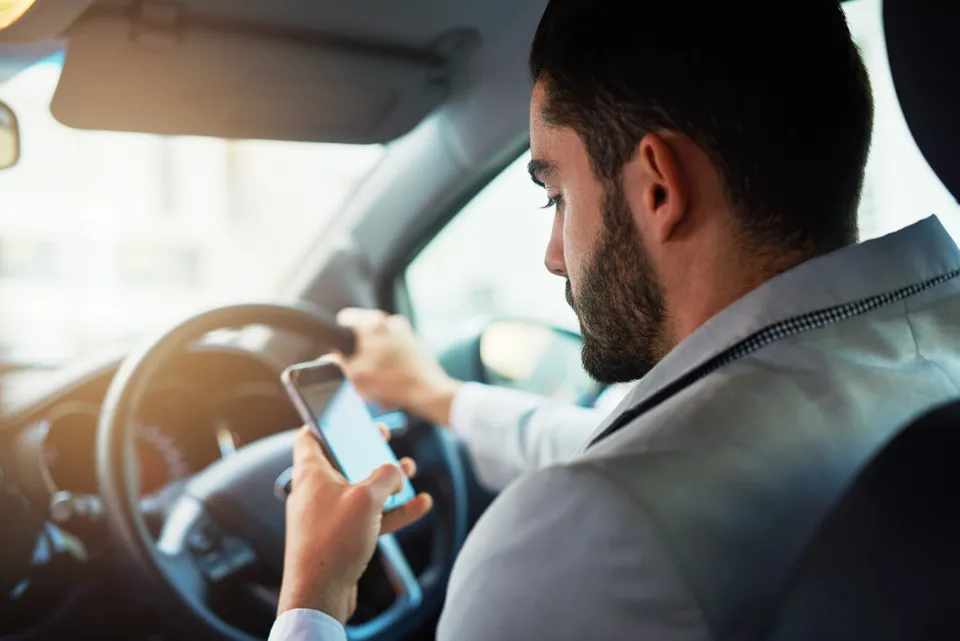Drivers have been told to turn their mobile phones off before taking to the road.
According to James McLoughlin, spokesman for road safety charity Brake, no phone call is important enough to warrant risking people's lives.
Speaking to Get Surrey, he therefore urged motorists to ensure their phones are switched off when they get behind the wheel.
Mr McLoughlin also insisted that drivers should put their handsets out of reach to avoid "potentially deadly distractions".
"Mobile phone use at the wheel, whether handheld or hands-free, is proven to significantly increase the risk of crashing, endangering a driver's life and, selfishly, the lives of other road users," he commented.
The transport secretary said anyone who endangers lives by flouting the law needs to be certain of how serious this issue is.
Furthermore, he stated that police forces need to make law enforcement on the roads a priority so those who take risks and break the rules can be caught.
He was speaking after figures obtained by Get Surrey revealed that the number of motorists in the area using their mobiles while driving has come down in the last few years.
Statistics showed that in 2010, 3,842 people were pulled over for sending a text message or making a phone call while behind the wheel.
This figure rose to 3,928 in 2011, before falling back to 2,832 and 2,509 in 2012 and 2013 respectively. This then dropped to 1,352 during the first half of 2014.
Steve Clarke, group marketing manager for MileageCount, reminded company directors of their responsibilities towards their drivers regarding the use of a mobile phone behind the wheel: “If you or your company contact your staff out on the road by mobile phone, when you know that they might be driving, and the distraction results in them having an accident, the Directors could be held responsible by the courts.
"At MileageCount we advise our fleet customers how important it is to have a mobile phone policy, that is clearly relayed to their drivers, that they should not make phone calls whilst on the move,” he added.
A spokesman for the Drive SMART campaign, an awareness initiative being run by Surrey County Council and Surrey Police, also warned of the consequences of being caught breaking the law.
He said that if a case goes to court, a motorist could end up losing their driving licence, which might also lead to them losing their job.
In line with the advice given by Mr Clarke, Drive SMART's spokesman reiterated Brake's calls for motorists to keep phones switched off throughout a journey, saying they should only use them when they are parked safely.


















KayJay - 21/08/2014 11:36
We need far more Traffic Police to enforce the existing laws. The use of mobiles whilst driving is getting worse, drivers are now taking their eyes off the road for extended periods to look at facebook, twitter and emails, and despite virtually every fleet car having Bluetooth I see handheld phone use every day. Drivers caught using phones should be banned for 6 months and have to take a ROSPA or IAM course. NO excuses!